Kaz's Strory in her own words: "Statistically I should be in prison, or at the very least living in social housing with no prospects. I grew up in a very dysfunctional family. Spent several years in care, before having my first child at 16.
I joined the Royal Engineers in 1999 and became the 6th woman to pass out as a fully qualified Sapper. At this point I had 4 children aged 2,3,6 and 9, who all stayed with their father when I joined up.
I first trained as Combat Engineer, as all Sappers do, learning bridge building, demolitions, mine detection and bomb disposal. I then moved to the Geographic Engineer Group to become a Data Technician, making maps and sourcing the data through various methods including satellite imagery. However, as my background prior to joining the Army had been in mechanics and haulage, I really didn't enjoy it so re-traded as a Plant Operator Mechanic. I completed the course with flying colours and became only the second woman in the Corps to have completed the course.
I deployed on various military exercises, as all soldiers do, and in 2003 deployed to the Gulf as part of the initial wave of firepower into Iraq. I worked alongside the Ghurkas at one point in Um Qasr, clearing the port of militants and small pockets of local resistance, in readiness for the British and American forces to move in and use the port as an operating base for logistics. Included in this duty was the care of prisoners of war. This was a part of the job I found incredibly difficult. I suppose as a mum I could empathise with these young lads, some of whom weren't much older than my 13 year old son at home.
During my time in the Army, there were of course times when I found it incredibly hard to be away form my kids. On the whole I tended to throw myself into my work, as there was always a need for me to be giving 100% given that my work was always scrutinised being the only female in the regiment. (Aside form clerks and medics). I always found that if I screwed up, the whole regiment knew about it in no time, as I was so visible in my work. To that end I always strived to go above and beyond to ensure that there was never any room for criticism, something which was a huge burden of stress at times.
There were also times during my career when of course I just needed to be with my kids. I used to drive from my posting in Maidstone, Kent, on a Friday night after work to Somerset where my kids were living, pick them up and the drive straight back to Maidstone, so they could spend the weekend with me. I'd then repeat the journey on a Sunday night to take them home. All my leave was spent with my kids of course, and I have to say they recall some great times. Often I couldn't afford to taken them away anywhere so we'd just go and camp in an empty field. These were the times that my kids will tell you that they had the best of me.
On one occasion, toward the end of my tour of duty in Iraq I phoned the kids to be told their father had been involved in a serious accident and was in hospital with head injuries. This had happened 6 weeks previously, but the kids hadn't wanted to tell me as they knew that the work I was doing was very important. At that point I really started to ask myself if I was doing the right thing. I was torn between short touring, and going home early, which would have been seen by some of my colleagues as me being too weak to stand the whole tour, or staying and worrying myself sick over how the kids were. I chose to stay. I'll never be sure if it was the right thing to do!
I served 6 years in all. The main reason I left was the kids. Had I been able to progress through the ranks and see my career develop, I think things would have been different. However there was a lot of political obstruction over my promotion and in the end I became incredibly disillusioned.
At the end of my service I was diagnosed with Post Traumatic Stress Disorder, and became quite ill with serious depression. After discharge I battled the illness for a number of years, became completely house bound at one point. My turnaround came when I found the farm at which I live and work now. I started a business and completely transformed my lifestyle. Now I am in the best place I have been in many years. I am successful, healthy and all of my kids are around. Not all of them live with me still. Due to my Army career I lost custody of them and the fight to regain that custody nearly broke me. But they all understand why things happened, how hard I fought for them, and that my military career paved the way for me to be a better parent to them in the long run."


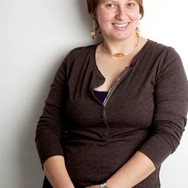
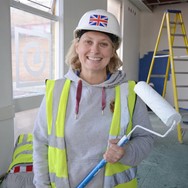
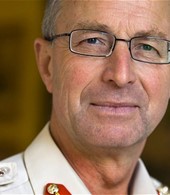
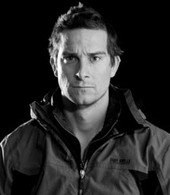
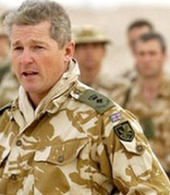

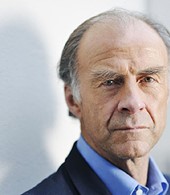

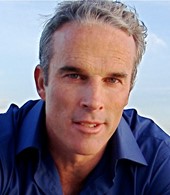
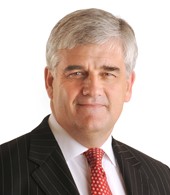
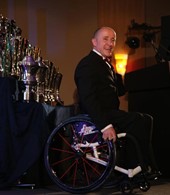
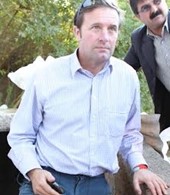
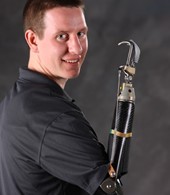
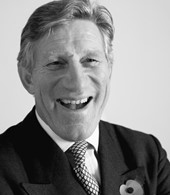
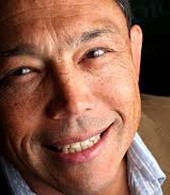

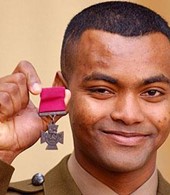
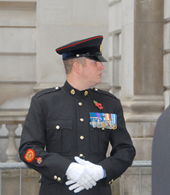
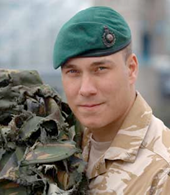
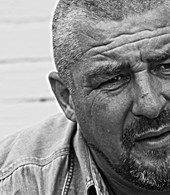
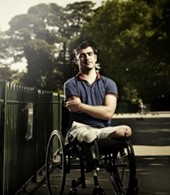

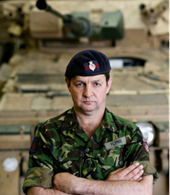

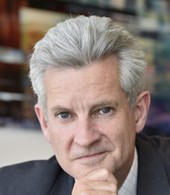
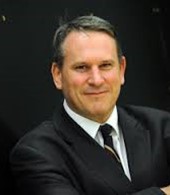
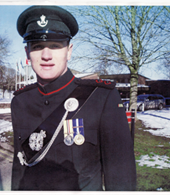
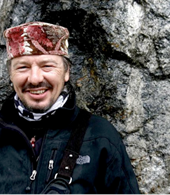
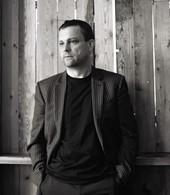

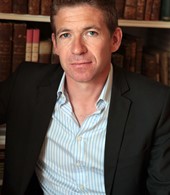
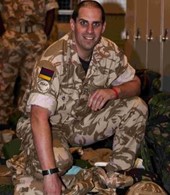
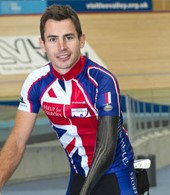
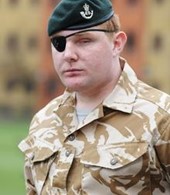
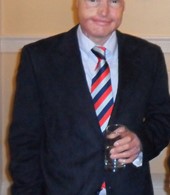
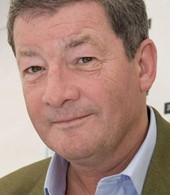
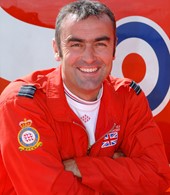
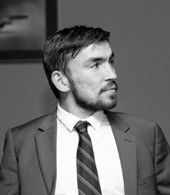
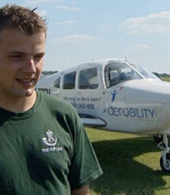
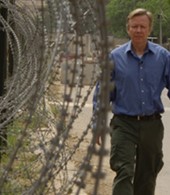
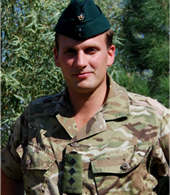

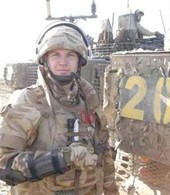
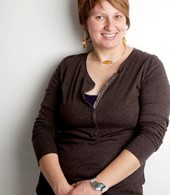

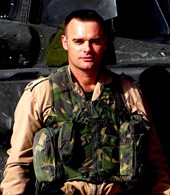
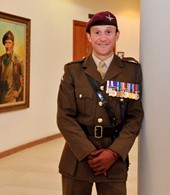
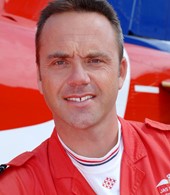
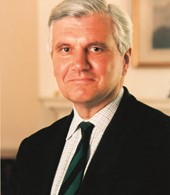
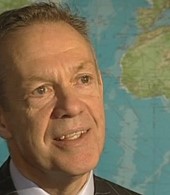
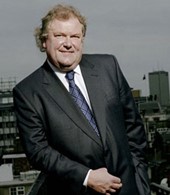
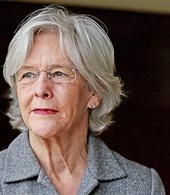
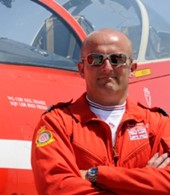
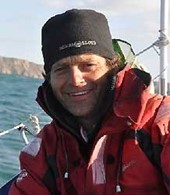
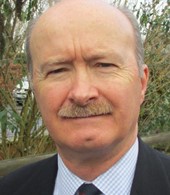
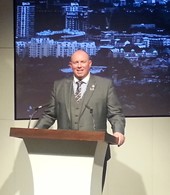

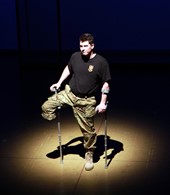
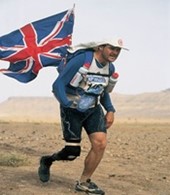
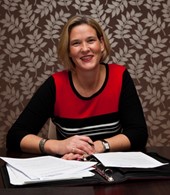
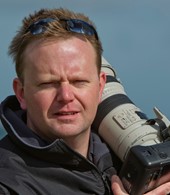
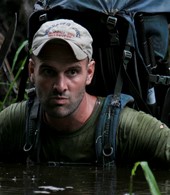
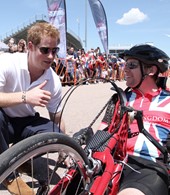
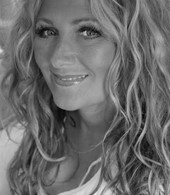
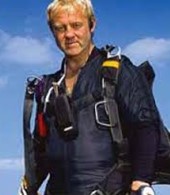
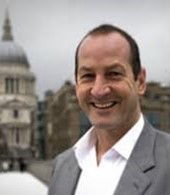

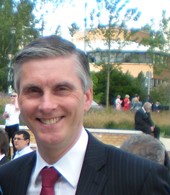
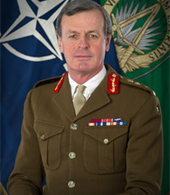
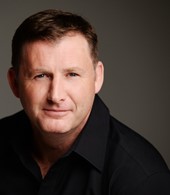
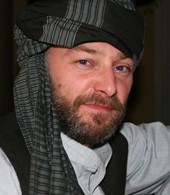
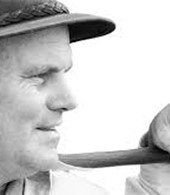


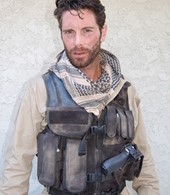
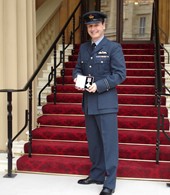
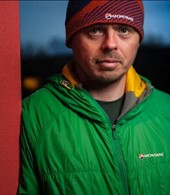
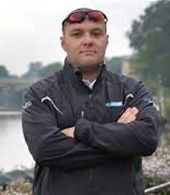
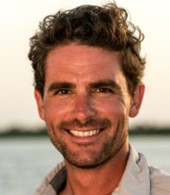
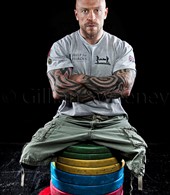
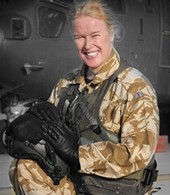

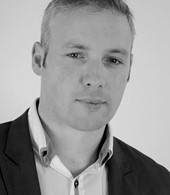

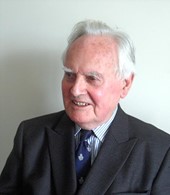
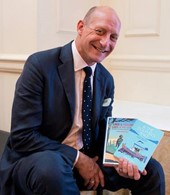

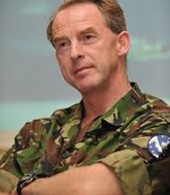
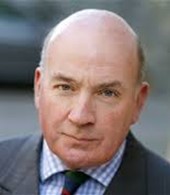
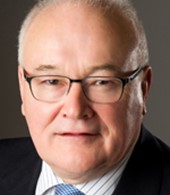
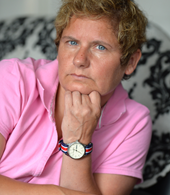
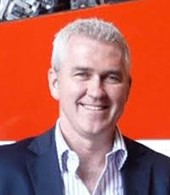

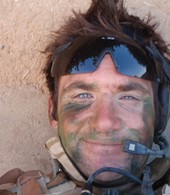
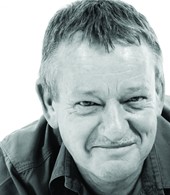
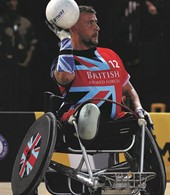
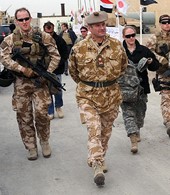
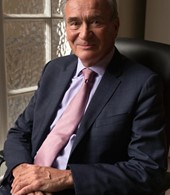

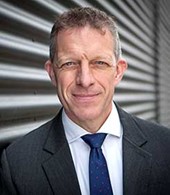
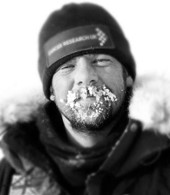

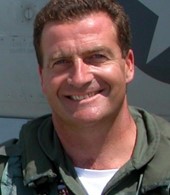
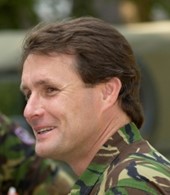
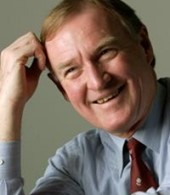
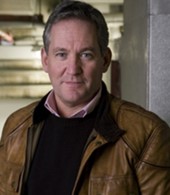
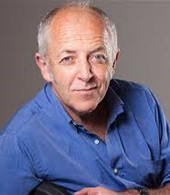
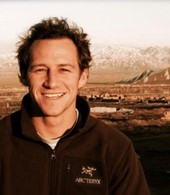

A dynamic and versatile speaker, Josh is able to draw upon his experience and expertise to give inf…